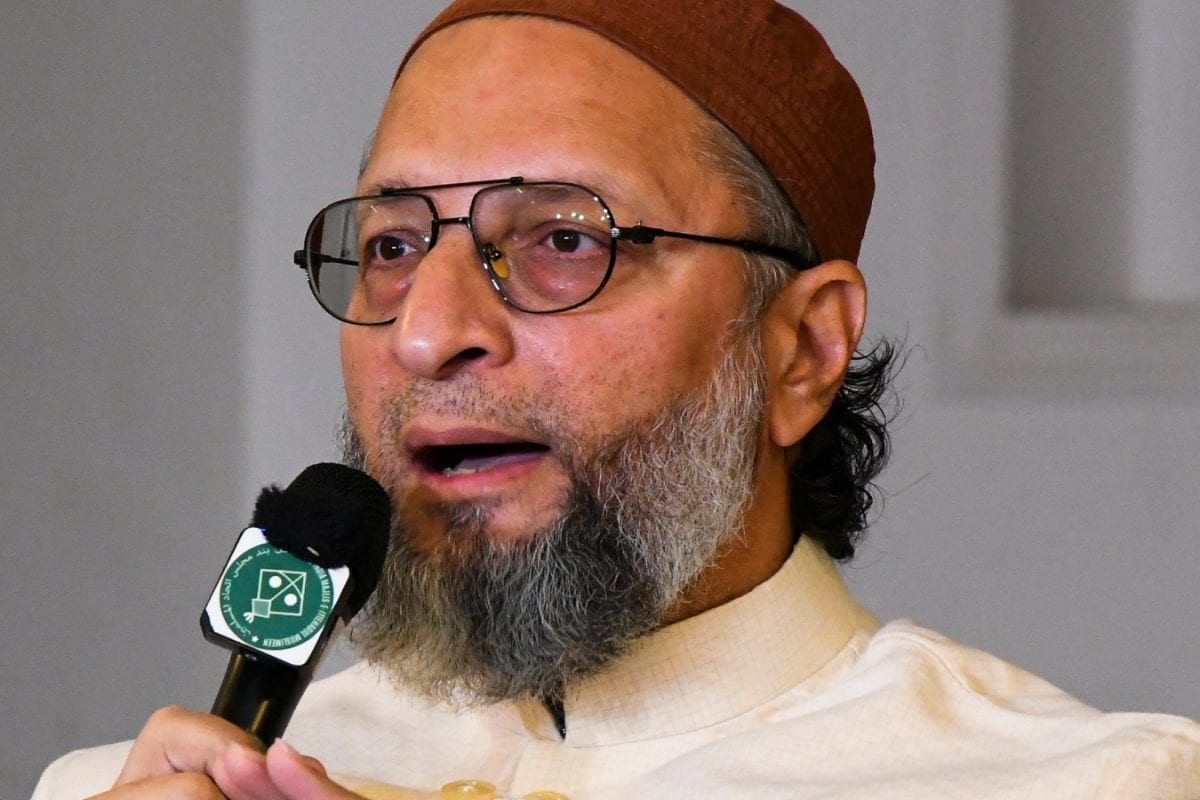

During a recent visit to Algeria as part of a multi-party delegation, All India Majlis-e-Ittehadul Muslimeen (AIMIM) chief Asaduddin Owaisi has strongly advocated for Pakistan's re-inclusion on the Financial Action Task Force (FATF) grey list. Owaisi, known for his outspoken views, asserted that Pakistan has become an epicenter of "Takfirism" and continues to support terrorist organizations that aim to destabilize India. He made these remarks while engaging with the Indian diaspora and addressing international forums, emphasizing the urgent need for global action against Pakistan's role in promoting terrorism.
Owaisi argued that Pakistan's actions and policies align with the "Takfiri" ideology, a term often used to describe extremist groups like ISIS who declare other Muslims as infidels to justify violence. By using this terminology, Owaisi aimed to draw a parallel between Pakistan-backed terror groups and globally recognized threats, thereby highlighting the severity of the issue to the international community. He stressed that these groups are actively being trained and supported within Pakistan, with the explicit goal of creating unrest and inciting communal violence in India.
The AIMIM chief has been particularly critical of Pakistan's perceived double standards in combating terrorism. He pointed out that despite India providing substantial evidence related to the 2008 Mumbai attacks, the Pakistani government has failed to take meaningful action against the perpetrators. Owaisi credited the pressure exerted by FATF for compelling Pakistan to acknowledge the presence of key accused like Sajid Mir, whom they previously claimed was deceased. He has also criticized Pakistan for releasing individuals convicted of money laundering related to terror financing, rather than for the acts of terrorism itself.
Owaisi's call for Pakistan to be placed back on the FATF grey list is rooted in the belief that increased international scrutiny is necessary to curb terror financing. He highlighted that funds flowing through Pakistan are enabling terrorist operations, and that its financial networks, including hawala and money laundering operations, continue to support terror activities against India.
The delegation, which includes members from various Indian political parties, is currently on a tour of Muslim nations, including Bahrain, Kuwait, Saudi Arabia, and Algeria. Their primary objective is to raise awareness about India's zero-tolerance stance on terrorism and counter misinformation regarding its internal security policies. In Bahrain, the delegation drew parallels between the Takfiri ideology of ISIS and that of Pakistan-trained terrorists. They urged Bahrain and Kuwait to support India in its efforts to get Pakistan grey-listed again, emphasizing the critical role Gulf nations can play in isolating Pakistan in global forums such as the Organisation of Islamic Countries (OIC).
During interactions with the Indian diaspora in Kuwait, Owaisi urged them to rely solely on information from the Indian foreign ministry and official spokespersons, cautioning against believing claims made by Pakistan. He also criticized Pakistani leaders for presenting a false narrative to the Arab and Muslim world, suggesting that India is targeting them because they are a Muslim country, a claim he strongly refuted by pointing out the large population of Indian Muslims living peacefully in India.
The delegation's efforts also included showcasing the strong ties between India and the Gulf nations. They visited the 'Rihla-e-Dosti: 250 Years of India-Kuwait Friendship' exhibition in Kuwait, which reaffirmed the historical and cultural connections between the two countries. This served to highlight India's commitment to fostering positive relationships with Muslim countries while simultaneously addressing concerns about terrorism emanating from Pakistan.